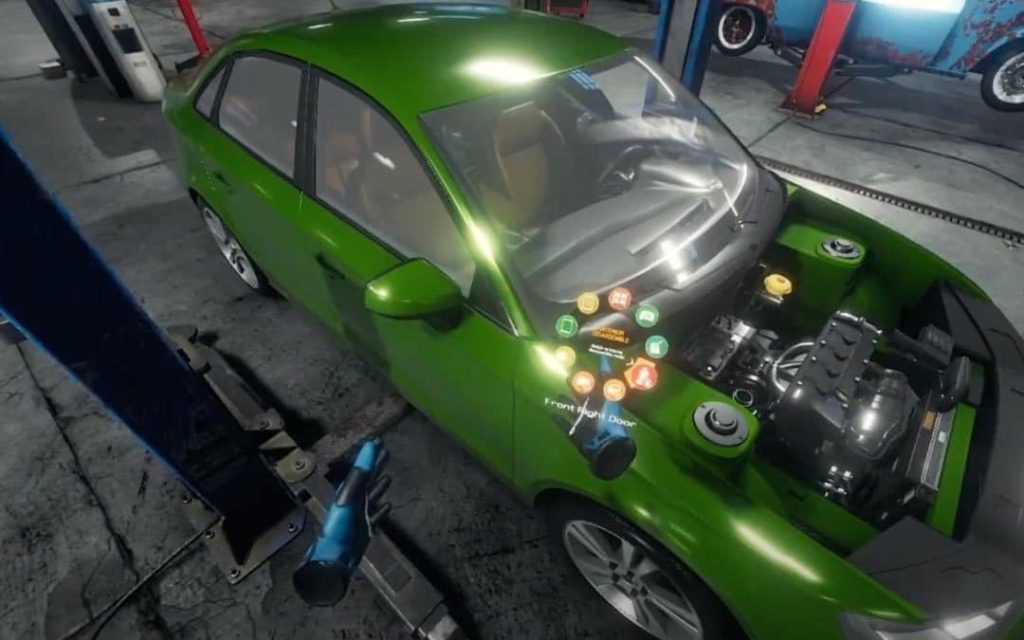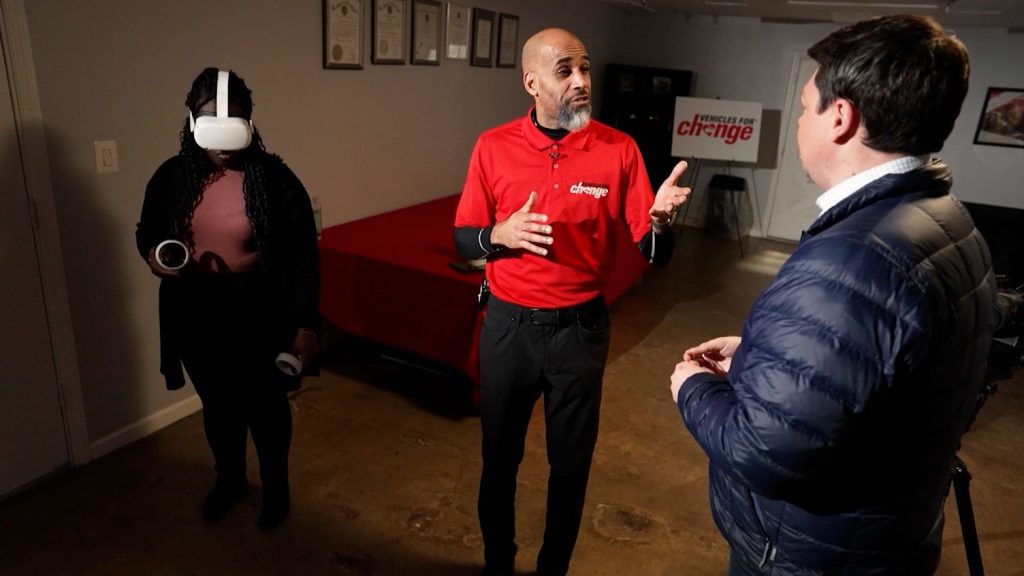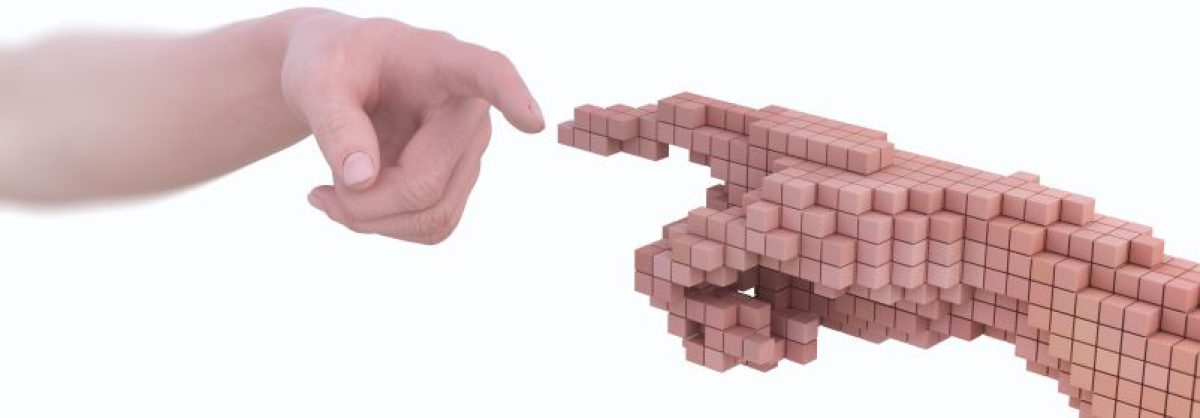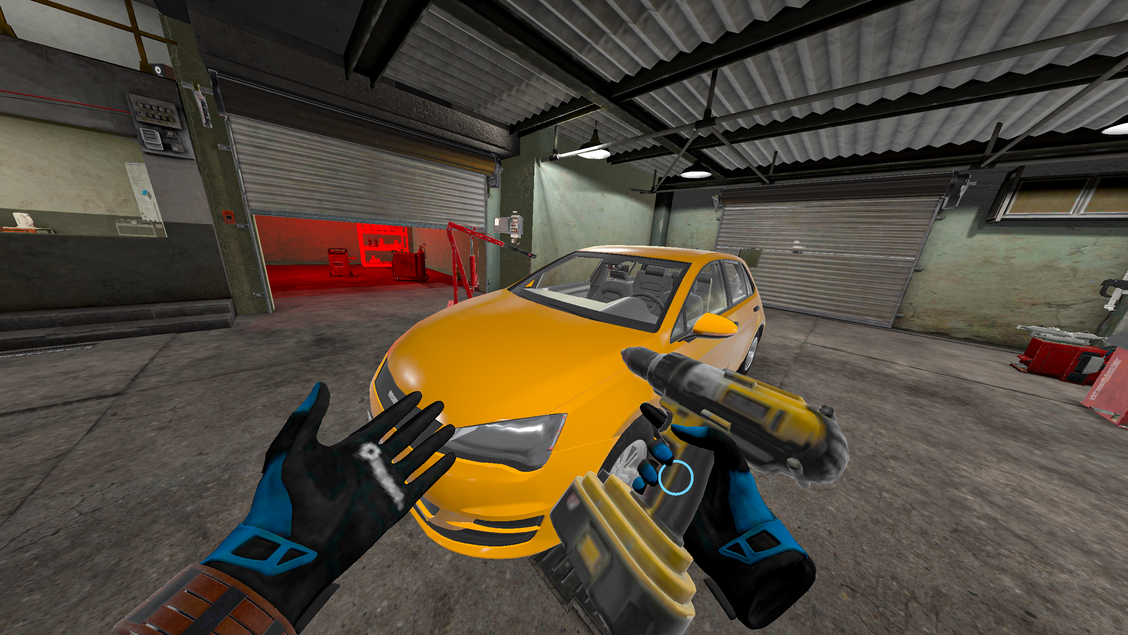Virtual reality is changing the way work is done in the world today. The automotive industry is one of the fields which have embraced this technology. This technological embrace has been timely given that the automotive industry has a shortage of technicians. Every year, there are 76,000 job openings out of which 37,000 of them go unfilled. That is why it is important to leverage on technology to address this shortage. Considering that every year, the industry loses experienced technicians to retirement, the point cannot be overemphasized. This impacts businesses and individuals as shortages means that repairs and maintenance take longer and tend to be more expensive.

But in the entire automotive world, one particular VR program stands out because of the impact it has not just for the trainees or interns, but the work force and society in general. This is the Full Circle Auto Repair and Training which is offered by Vehicles for Change. This is an internship which has been designed as an industry driven program to help those who have lots of barriers to employment. A key segment of this population is the prison population.
Re-entering society after being incarcerated can be quite challenging because not many organizations are willing to hire those with a criminal background. According to Mark Schwarz, the President of Vehicles for Change, the automotive repair industry is one of the few which are a bit lenient on this and are willing to accommodate ex-convicts. That is why many of those released from prison are usually re-arrested. A 2018 study by the Bureau of Justice which surveyed 30 states put this figure at a whooping 83%. That is why internships and programs such as the Full Circle Auto Repair and Training are great for those released from prison and for society as a whole.
To illustrate this, 100% of those who complete the program are hired. And what is even better, their rate of recidivism is only 3%. This shows that there is an impact in what they do. This could be because of the fact that they do not just take anyone. They do an interview to make sure that someone is a good fit for the program and that the person’s career goals align with the internship. Thereafter, once accepted, they are paired with mentors to guide their journey. This process therefore starts while the interns are still prisoners. And they are paid while they attend the training.
If you are interested in the program or know someone who can benefit from it, there are minimum requirements to be met. These are having a High school diploma or GED, having the ability to obtain a driving license as well as having basic automotive mechanical knowledge. It is also important to be able to get on location by 7 am on weekdays.

This program is packed with benefits chief among them is that it makes the interns entry level ready. Secondly, with VR training, learning is individualized and trainees get to learn at their own pace. Besides helping to fight recidivism, this program can also assist companies fill crucial vacancies. In addition, companies get highly trained technicians given the quality of training they get. On the other hand, the technicians learn valuable skills and they learn them quickly due to the use of technology and having mentors. They also do not pay for the program and they are paid while undertaking the program meaning that they can concentrate on completing it. Trainees can also make mistakes safely without having to worry about expensive mistakes when dealing with the actual physical components they are learning about. For companies, training technicians using virtual reality is both quick and cheap. There are also benefits to the immediate families of the ex-cons as well as society in general. State and national governments get to save money on prison costs due to the reduction in recidivism.
For Vehicles for Change, the impact does not just stop at training ex-cons. They also donate vehicles to people of low income. Transportation is a huge problem for low income households and this can affect their work and employment prospects. These cars are donated to Vehicles for Change which in turn gives them out to deserving and vetted low income households. 7,500 cars have been given out to date.

